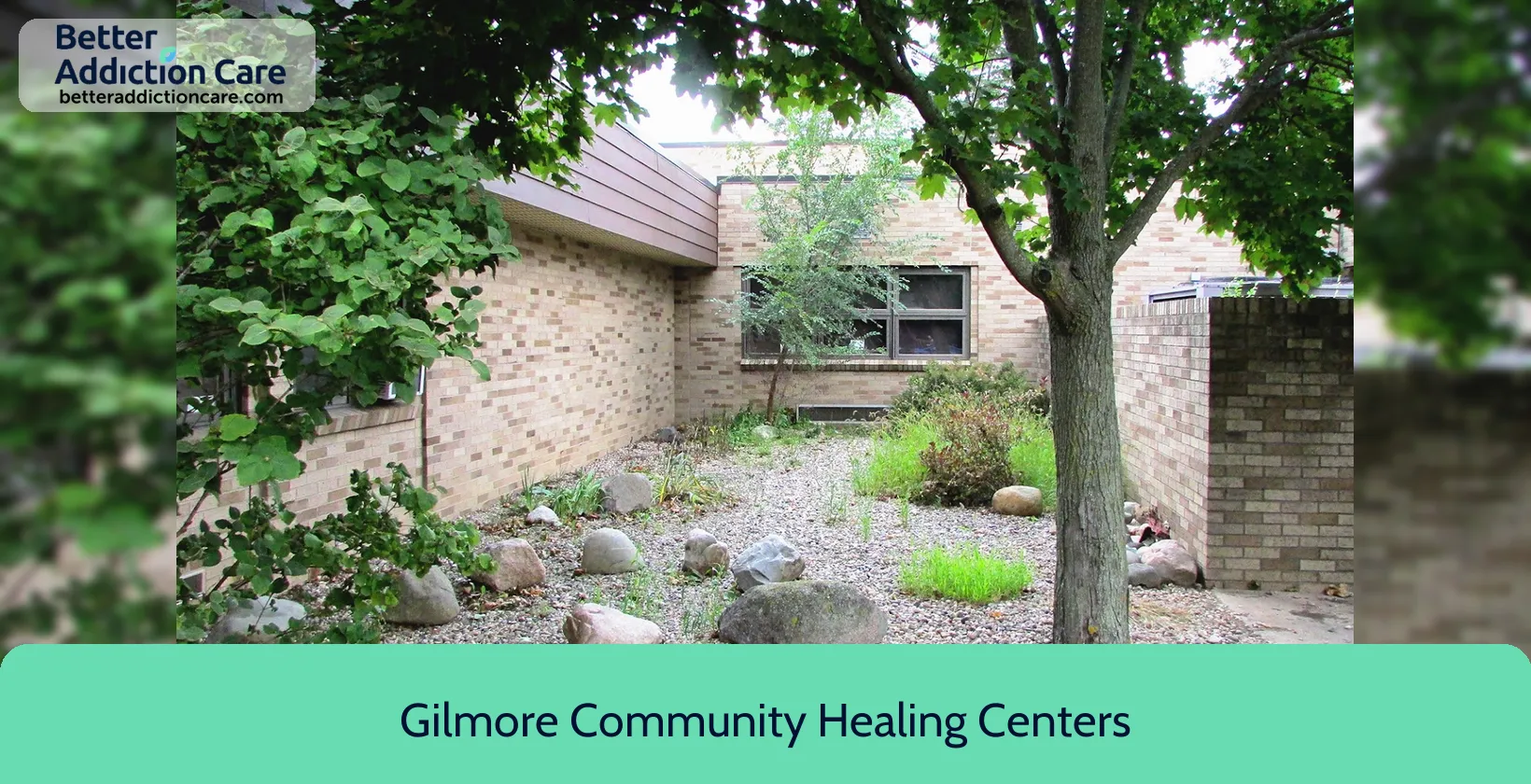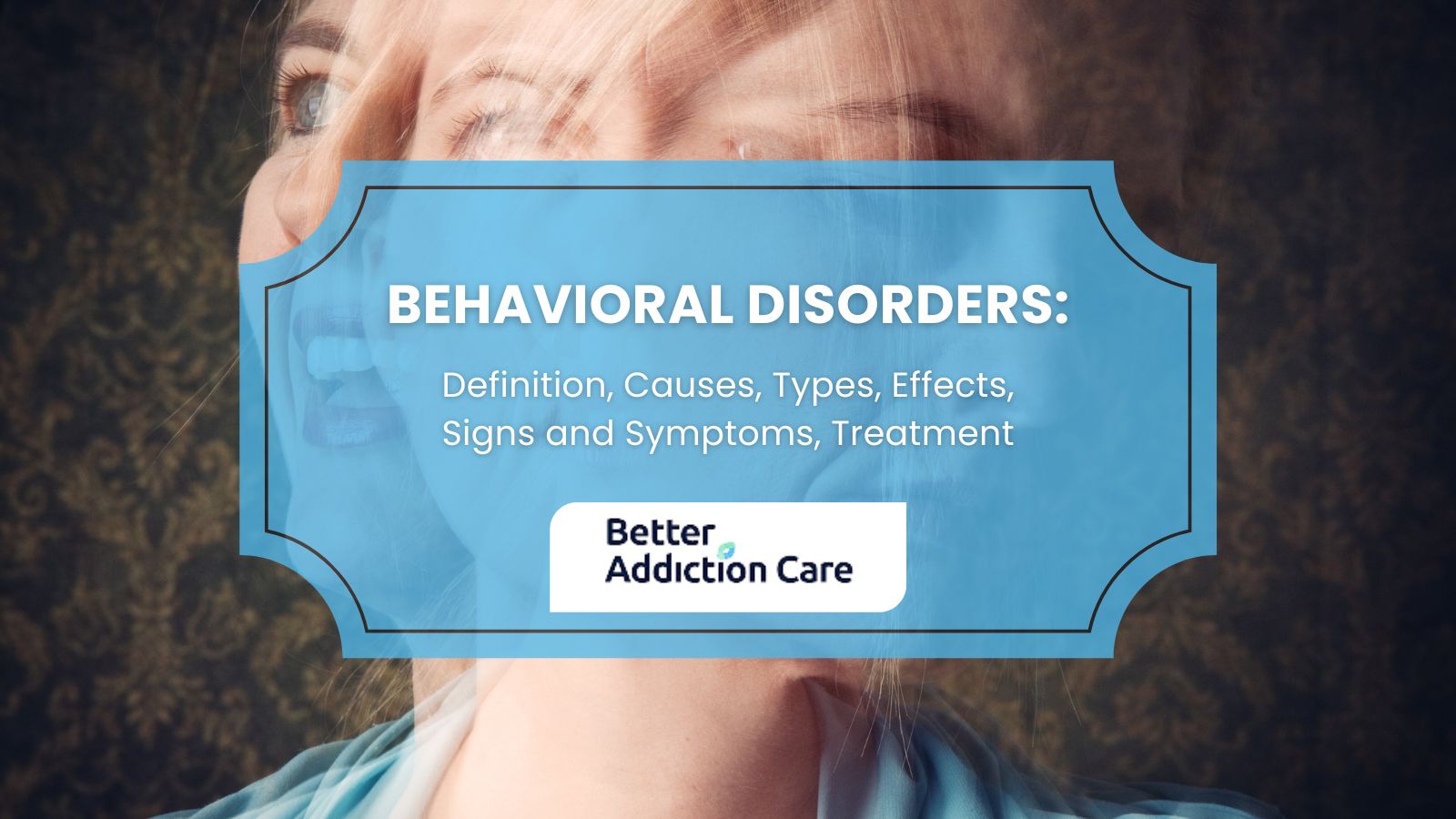Overview
Having helped over 50,000 people struggling with mental health disorders and drug misuse, Gilmore Community Healing Center has been a light of hope for individuals, children, men, women, and families in the Southwest Michigan region for over 20 years. The facility is dedicated to provide everyone with high-quality, fair treatment and provides a wide variety of alcohol and drug addiction treatments, including inpatient care and recovery housing options.
Every person should have access to person-centered treatment that promotes recovery from addiction and mental and behavioral illnesses, according to the tenets of Gilmore Community Healing Center. Their broad range of services, each tailored to the specific requirements of a different customer, reflects this concept.
The residential Medically Assisted Treatment (MAT) detox program is one of the main offerings. Individuals who are 18 years of age or older and struggling with alcohol, opiate, or other drug addictions may apply for this program. Throughout the detoxification procedure, participants get nurse care and medical supervision around-the-clock to help with withdrawal symptoms. For ten to eighteen days, most clients participate in our inpatient program, which guarantees them the assistance they need to start their recovery process.
Gilmore Community Healing Center offers recovery homes for single men and women, as well as detox treatments for mothers with children. These rehab centers provide a secure, encouraging, and restorative atmosphere where clients may concentrate on their addiction treatment while creating a reliable and independent lifestyle. The goal of this program is to provide the groundwork for sustained sobriety and personal development.
Gilmore Community Healing Center also provides a friend and family drug addiction prevention program to help clients and avoid relapse. This program consists of weekly sessions where qualified and experienced experts provide research-based knowledge via educational lectures, audiovisual resources, and handouts. Through the involvement of loved ones in the recovery process, this project hopes to create a network of support that may help sustain sobriety.
The effects of historical and systematic oppression on the health of people, children, families, and communities with marginalized identities are profoundly understood at Community Healing Centers. The center's mission is to guarantee that everyone has access to fair, high-quality treatment in order to recover from mental and behavioral health illnesses, addiction, and trauma.
The institution is dedicated to consistently scrutinizing and resolving any disparities and obstacles present in its frameworks, regulations, and procedures. The organizational architecture is based on diversity, equality, and inclusion, which influence all facets of service delivery and program implementation.
With its proud CARF accreditation, Gilmore Community Healing Center can guarantee that all of its services adhere to the highest standards of care and quality.
Gilmore Community Healing Centers at a Glance
Payment Options
- Cash or self-payment
- Medicaid
- Private health insurance
- Federal, or any government funding for substance use treatment programs
- SAMHSA funding/block grants
Assessments
- Screening for tobacco use
- Comprehensive substance use assessment
- Outreach to persons in the community
- Screening for substance use
- Complete medical history/physical exam
Age Groups
- Young adults
- Adults
- Seniors
Ancillary Services
- Social skills development
Highlights About Gilmore Community Healing Centers
7.57/10
With an overall rating of 7.57/10, this facility has following balanced range of services. Alcohol Rehabilitation: 8.00/10, Drug Rehab and Detox: 8.46/10, Insurance and Payments: 6.00/10, Treatment Options: 7.82/10.-
Drug Rehab and Detox 8.46
-
Alcohol Rehabilitation 8.00
-
Treatment Options 7.82
-
Insurance and Payments 6.00
Accreditations
Commission on Accreditation of Rehabilitation Facilities (CARF):

CARF accreditation is a prestigious recognition for organizations in rehabilitation and human services. It signifies that an organization meets rigorous quality standards and is committed to providing top-notch care. Achieving CARF accreditation involves a thorough evaluation process, including on-site surveys, to ensure excellence in programs and services. This accreditation boosts an organization's credibility, assures clients and funders of quality, and promotes ongoing improvement in the field of rehabilitation and human services.
Treatment At Gilmore Community Healing Centers
Treatment Conditions
- 24-Hour Clinical Care
- Alcoholism
- Mental health treatment
- Substance use treatment
- Co-occurring Disorders
Care Levels
- Hospital inpatient treatment
- Short-term residential
- Residential detoxification
- Hospital inpatient/24-hour hospital inpatient
- Aftercare
Treatment Modalities
- Cognitive behavioral therapy
- Telemedicine/telehealth therapy
- Substance use disorder counseling
- Trauma-related counseling
- Smoking/vaping/tobacco cessation counseling
Ancillary Services
Languages
- Sign language services for the deaf and hard of hearing
Additional Services
- Pharmacotherapies administered during treatment
- Mentoring/peer support
- Breathalyzer or blood alcohol testing
Special Programs
- Clients with co-occurring mental and substance use disorders
- Pregnant/postpartum women
- Clients with co-occurring pain and substance use disorders
- Clients who have experienced trauma
Contact Information
Read our Most Recent Article About Drug Addiction
DISCLAIMER: The facility name, logo and brand are the property and registered trademarks of Gilmore Community Healing Centers, and are being used for identification and informational purposes only. Use of these names, logos and brands shall not imply endorsement. BetterAddictionCare.com is not affiliated with or sponsored by Gilmore Community Healing Centers.









